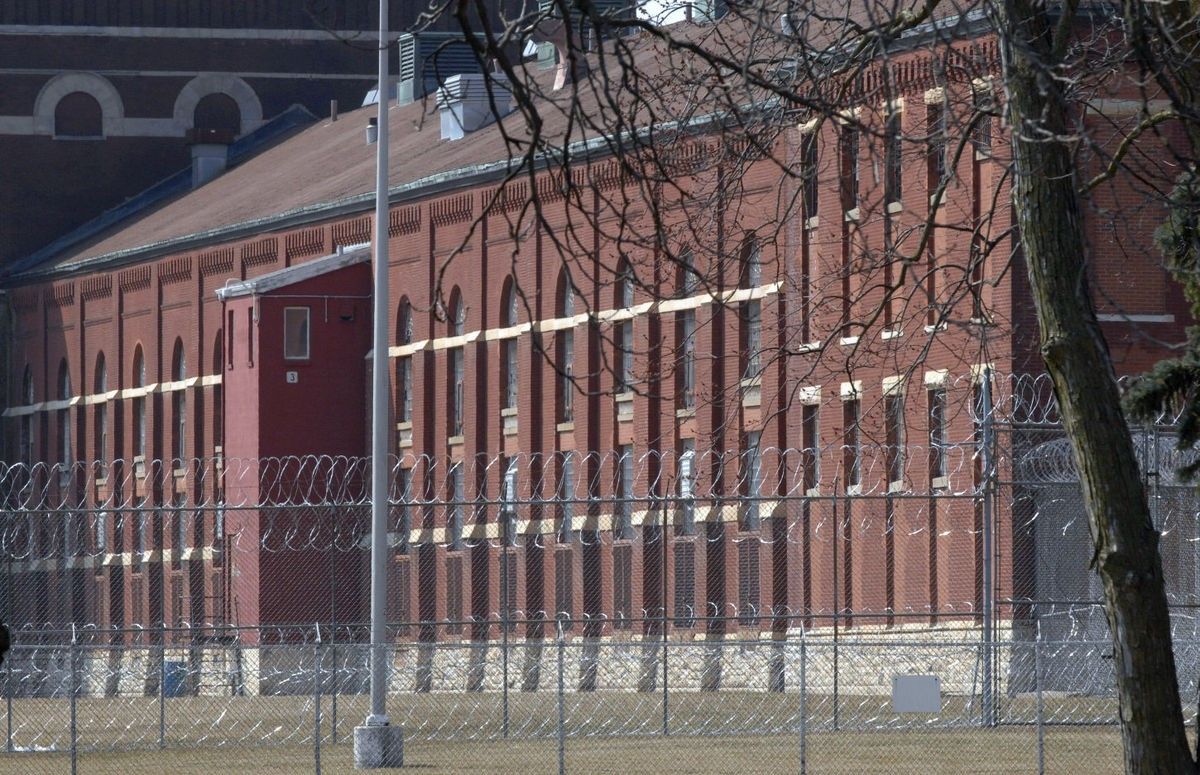As talks about the COVID-19 vaccine take over the media and states are formulating distribution plans, Illinois must prioritize vaccination distribution to incarcerated populations. Public health experts agree that states should incorporate justice-involved individuals in their plans for distributing the vaccine to prisoners and prison staff. To that end, we call on Illinois to implement a COVID-19 vaccine distribution plan which prioritizes the vaccination of detainees and inmates in Illinois jails and prisons in order to protect the public health in the following ways:
Should the state of Illinois follow a vaccination plan according to CDC guidelines, incarcerated and detained people should be included in Phase 1.
Incarcerated and detained people should be prioritized in the “critical populations” category, along with essential workers such as warehouse workers, and other high-risk populations.
Just like nursing home residents, people in prison are uniquely vulnerable to COVID-19. Prisons and jails have proven to be hotbeds for the virus. The COVID-19 case rate is four times higher in state and federal prisons than in the general population, and twice as deadly. Since August, the number of COVID-19 cases (that are known) has increased more than tenfold. In April, Cook County Jail was the nation’s largest-known source of coronavirus infections. Four Illinois federal prisons are among the nation’s top twenty federal facilities most infected with COVID-19. At the Juvenile Temporary Detention Center on the Near West Side, 68 staff and 61 residents have tested positive for COVID-19. On December 7, 2020, 370 detainees of Cook County Jail tested positive for COVID-19, surpassing the previous daily high of 307 on April 10, 2020.
Prioritizing vaccination of people detained in jails and prisons is also a matter of racial justice. Communities impacted by incarceration are disproportionately Black, and Black residents account for 40 percent of the over 3,000 Chicagoans who have died from COVID-19. Protests regarding the killing of George Floyd have further highlighted the ongoing public health crisis of police violence against Black communities. As community members attend protests, are subsequently arrested, and released, they often bring COVID-19 back to their communities. A June 2020 study found that jail-community cycling through Cook County Jail alone is associated with 15.7 percent of all documented COVID-19 cases in Illinois.
As of September, there were over 4,220 people in IDOC custody over the age of 55. More than 20 percent of the prison population is over age 55, and another 20 percent are disabled or experiencing an illness. Correctional officers go home to quarantine when they get sick, but prisoners are reliant on isolation policies within the jail or prison to protect them. Those isolation policies cannot be implemented without both adequate space as well as correctional officer support.
In Cook County Jail, depopulation efforts have stalled. The jail’s population has been steadily rising to the same levels seen in February 2020, making distancing and isolation more difficult. Compassionate release and elderly parole bills in the Illinois legislature are currently stalled in committee, and elderly prisoners report current COVID-19 preventative measures are inconsistent and insufficient in their implementation. Currently, only 38 percent of people held in Cook County Jail are being housed in single cells. To vaccinate correctional officers but not prisoners is not only ineffective at curbing COVID-19’s spread inside and from prisons and jails, it is also inhumane, considering the unique vulnerability of incarcerated and detained populations.
As the State of Illinois implements a COVID-19 vaccination plan, we are asking for incarcerated and detained populations to receive prioritization status in order to protect the public health.
For further reading:
Lives on the Line: Women with Incarcerated Loved Ones and the Impact of COVID-19 Behind Bars
UCLA Law's COVID-19 Vaccine Recommendations Letter
Signed,
Chicago Community Bond Fund • Equip for Equality • First Defense Legal Aid

